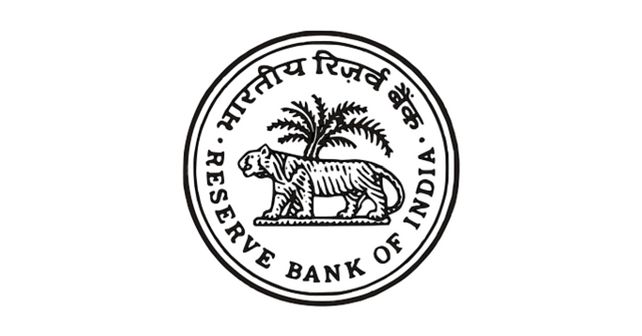Car Loans 101 - Ms. Rajni Mishra CGM of SBI Bangalore Circle
SBI enjoys 25% market share in the vehicle-financing segment in India. Ms. Rajni Mishra, Chief General Manager of State Bank of India, Bangalore Circle, explains the homework customers should do before going for an auto loan.
SBI enjoys 25% market share in the vehicle-financing segment in India. Ms. Rajni Mishra, Chief General Manager of State Bank of India, Bangalore Circle, explains the homework customers should do before going for an auto loan.
What are the basic precautions a customer should take when taking up a vehicle loan?
Before they take up a loan, customers should clearly know what is going to be the total financial impact of the loan. They should speak to their lender and know what would be the rate of interest, type of interest, the equated monthly installment, and importantly, details about processing fee and prepayment policies. There are many financial institutions and banks that collect interest on the total loan amount, instead of the current outstanding. Also many banks impose penalty charges when customers want to pre-pay their loan. They need to understand the repayment methods to know what is required to be done every month. If they pay late, they are paying more interest, because the outstanding will not come down.
So customers have to take stock of the options available in the market, and decide on which bank they should approach. They should go with the lender who is most transparent. Banks like SBI are absolutely transparent. We do not have any prepayment penalty. We follow the drop down method when calculating the interest. That is, when customers repay the loan, the outstanding comes down, and we collect interest only on the balance amount.
What are the benefits of financing a vehicle via PSU banks rather than private banks?
More and more customer are now favouring public sector banks like SBI. In the auto loan segment, SBI’s market share alone is 25% at pan-India level. This is because public sector banks usually have exclusive processing cells. Since, these cells process auto loans day in and day out, the turnaround time is very fast. You walk in with the required documents and quotation and walk out with your sanction the same day. This is something that the private banks and financial institutions do not provide.
Many private financial institutions also charge flat interest. And if you pay before your installment is due, they don’t take cognizance of that. Even if you have deposited before the EMI has fallen due, they will not give you credit for it. You will continue to pay interest, till the date it had actually fallen due. So that is another huge difference. If you have surplus and want to prepay, SBI does not stop you from doing that. SBI is the only bank that is providing the facility of over draft. In case customers have some surplus money lying with them, they can deposit the excess amount in this account. We pay interest to the excess amount for whatever period the amount was lying in the account.
Assuming a customer’s EMI is Rs.3,000, but he or she has some surplus and deposits
Rs.15,000 (instead of just Rs. 3,000) the customer then gets interest on the excess amount deposited, which in this case is Rs 12,000. If he or she requires withdrawing the excess amount for any personal consumption, it can be done at any point of time. This is the convenience offered only by SBI. So, quick turnaround time and transparency are our strengths.
What is the difference between ‘Reducing Balance’ and ‘Flat rate of Interest’ in monetary terms for the consumer?
There is a huge financial impact between the two. Supposing a customer buys a car for Rs. 10 lakh and gets the loan for Rs. 8 lakh, he or she ends up paying interest for Rs. 8 lakhs every month, even if the actual outstanding has come down a lakh or two. However, in reducing balance method, we will calculate how many days the amount of 8 lakhs was the outstanding, and apply interest only on actual amount that is outstanding. So it is a win-win situation for customers.
Any other handy tips about vehicle financing that you would like to suggest to our readers?
I would suggest customers to go for the overdraft scheme, so they can save whenever there is surplus, and manage the interest outgo. Customers should ensure that they repay the installments on time. As per RBI guidelines, if they don’t pay the installments for three months, and their account is overdue, their account becomes a non-performing asset. The bank will then have to cease the vehicle. So to avoid such a situation, they should be very prompt in repayment.


















Write your Comment on